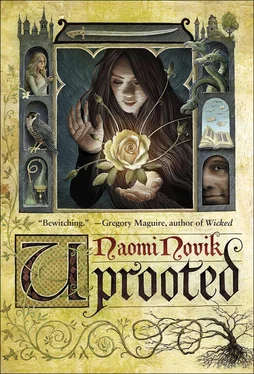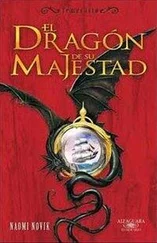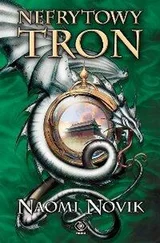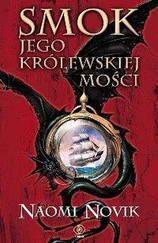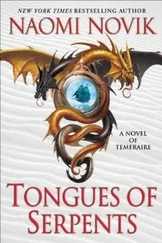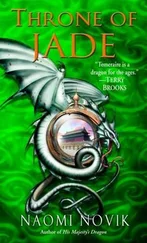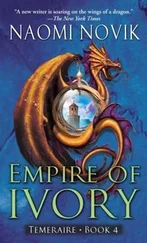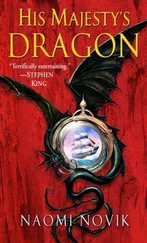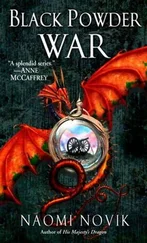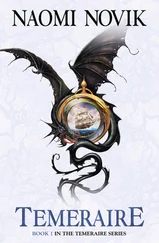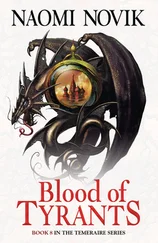“No,” the Dragon said, “the queen’s not dead. She’s still in the Wood.”
I stared at him. He sounded matter-of-fact, certain, although I’d never heard of anything like it. But it was enough of a horror for me to believe it: to be trapped in the Wood, for twenty years, imprisoned endlessly in some way — it was the kind of thing the Wood would do.
The Dragon shrugged and waved a hand at the prince. “There’s no getting her out again, and he’d only start something worse by going in, but he won’t hear it.” He snorted. “He thinks killing a day-old hydra has made him a hero.”
None of the songs had ever mentioned the Vandalus Hydra being one day old: it diminished the story more than a little.
“In any case,” the Dragon said, “I suppose he does feel aggrieved; lords and princes loathe magic anyway, and all the more for how badly they need it. Yes: some petty revenge of that sort is the most likely.”
I could easily believe it, and I did grasp the Dragon’s point. If the prince had meant to enjoy the Dragon’s companion, whoever that girl might be — I felt a surge of indignation, thinking of Kasia in my place, without even unwanted magic to save her — then he wouldn’t have simply gone to bed. That memory wouldn’t fit neatly into his head, like a wrong puzzle piece.
“However,” the Dragon added, in a tone of mild condescension, as if I were a puppy that had managed not to chew a shoe, “it’s not an entirely useless idea: I ought to be able to alter his memory in the other direction.”
He raised a hand, and, puzzled, I said, “The other direction?”
“I’ll give him a memory of enjoying your favors,” the Dragon said. “Full of suitable enthusiasm on your part and the satisfaction of making a fool of me. I’m sure he won’t have any difficulty swallowing that.”
“What?” I said. “You’ll have him — no! He’ll — he’ll—”
“Do you mean to tell me you care what he thinks of you?” the Dragon demanded, an eyebrow rising.
“If he thinks I’ve lain with him, what’s to stop him from — from wanting it again!” I said.
The Dragon waved a dismissive hand. “I’ll make it an unpleasant memory — all elbows and shrill maidenly giggling, over quickly. Or do you have any better notions?” he added, waspish. “Perhaps you’d rather he woke up remembering you doing your best to murder him?”
So the next morning, I had the deeply wretched experience of seeing Prince Marek stop outside the tower doors to look up to my window and blow me a cheerful and indiscreet kiss. I’d been watching only to be sure he actually left; it took nearly all the caution left in me not to throw something down at his head, and I don’t mean a token of my regard.
But the Dragon hadn’t been wrong to be wary: even with such a comfortable memory written into his head, the prince hesitated on the carriage steps and looked back up at me with a slight frown, as though something troubled him, before at last he ducked inside and allowed himself to be bundled off. I stood at the window watching the dust of his carriage recede along the road until it really and truly vanished behind the hills, and only then did I step away, and feel like I was safe again — an absurd feeling to have, in an enchanted tower with the dark wizard and magic lurking under my own skin.
I pulled on the gown of russet and green, and went slowly down the stairs to the library. The Dragon was back at his chair, the book open on his lap, and he turned to look at me. “Very well,” he said, sour as always. “Today we’ll try—”
“Wait,” I interrupted him, and he paused. “Can you tell me how to make this something I can wear?”
“If you haven’t grasped vanastalem by now, there is nothing I can possibly do to help you,” he snapped. “In fact, I’m inclined to believe you mentally defective.”
“No! I don’t want — that spell,” I said, hastily avoiding even saying the word. “I can’t even move in one of these dresses, or lace it for myself, or clean anything—”
“Why wouldn’t you just use the cleaning cantrips?” he demanded. “I’ve taught you at least five.”
I’d done my best to forget them all. “It tires me less to scrub!” I said.
“Yes, I can see you’ll be making a mark on the firmament,” he said, irritably; but that hadn’t any power to wound me: any magic was bad enough, I didn’t feel the least desire to be a great and powerful witch. “What a strange creature you are: don’t all peasant girls dream of princes and ballgowns? Try to degrade it, then.”
“What?” I said.
“Drop part of the word,” he said. “Slur it, mumble it, something of the sort—”
“Just — any part?” I said doubtfully, but tried it: “Vanalem?”
The shorter word felt better in my mouth: smaller and more friendly somehow, although perhaps that was just my imagination. The gown shuddered and the skirts deflated all around me into a fine letnik of undyed linen stopping at the shin, and over it a simple brown dress with a green sash to draw it snug. I pulled in a glad deep breath: no dragging weight pulling me down from shoulders to ankles, no strangling corsets, no endless train: plain and comfortable and easy. Even the magic hadn’t dragged out of me so horribly. I didn’t feel tired at all.
“If you’ve arranged yourself to your satisfaction,” the Dragon said, his voice dripping sarcasm. He held out his hand, and summoned a book flying over from the shelf. “We’ll begin with syllabic composition.”
As little as I liked having magic, I was glad not to be so afraid all the time. But I was no prize pupil: when I didn’t just forget the spell-words he taught me, they went wrong in my mouth. I slurred and mumbled and muddled them together, so a spell that ought to have set a dozen ingredients neatly out for a pie—“I am certainly not trying to train you on potions,” he had said, caustically — instead mixed them into a solid mess that couldn’t even be saved for my supper. Another that should have neatly banked the fire in the library, where we were working, instead seemed to do nothing at all — until we heard a distant and ominous crackling, and we ran upstairs to find green-tinged flames leaping out of the fireplace in the guest chamber directly above, and the embroidered bedcurtains going up.
He roared at me furiously for ten minutes after he finally managed to put out the sulky and determined fire, calling me a witless muttonheaded spawn of pig farmers—“My father’s a woodcutter,” I said—“Of axe-swinging lummocks!” he snarled. But even so, I wasn’t afraid anymore. He only spluttered himself into exhaustion and then sent me away, and I didn’t mind his shouting at all, now I knew there were no teeth in it to rend me.
I was almost sorry not to be better, for now I could tell his frustration was that of the lover of beauty and perfection. He hadn’t wanted a student, but, having been saddled with me, he wanted to make a great and skillful witch of me, to teach me his art. I could see, as he made me examples of higher workings, great intricate interweavings of gesture and word that went on like songs, that he loved the work: his eyes grew glittering and dazzled in the spell-light, his face almost handsome with a kind of transcendence. He loved his magic, and he would have shared that love with me.
But I was just as happy to mumble my way through a few cantrips, take my inevitable lecture, and go cheerfully downstairs to the cellars and chop onions for dinner by hand. It maddened him to no end, not without some justice. I know I was being foolish. But I wasn’t used to thinking of myself as anyone important. I’d always been able to glean more nuts and mushrooms and berries than anyone, even if a patch of forest had been picked over half a dozen times; I could find late herbs in autumn and early plums in spring. Anything, my mother used to say, that involved getting as dirty as possible: if I had to dig for it or push through brambles or climb a tree to get at it, I would come back with a basketful, to bribe her into sighs of tolerance instead of cries of dismay at my clothing.
Читать дальше
